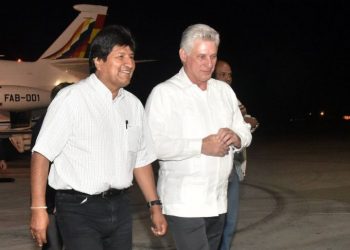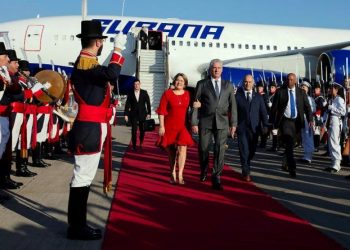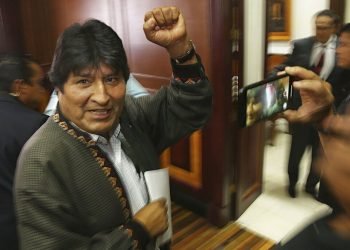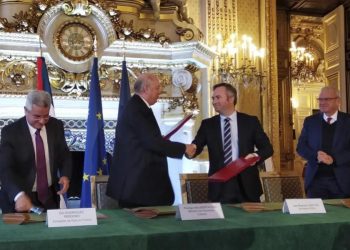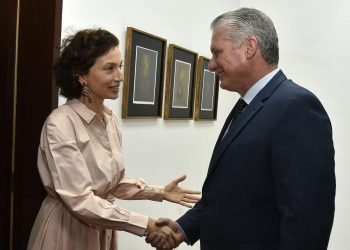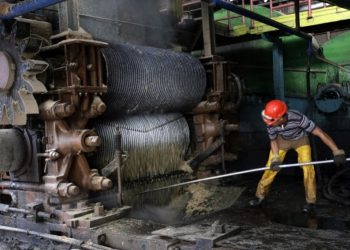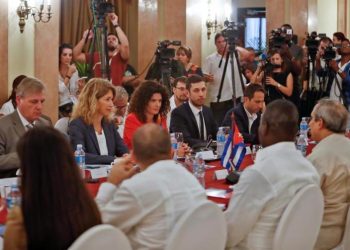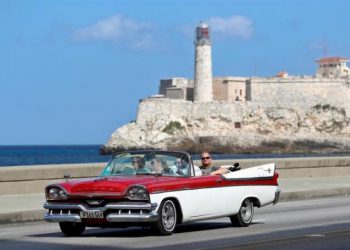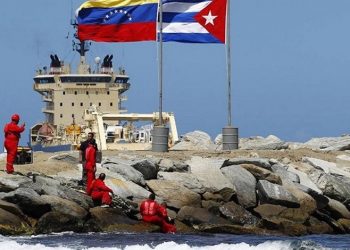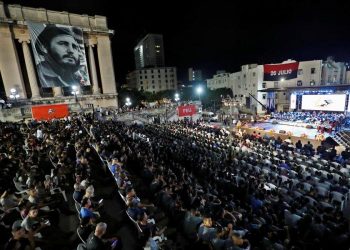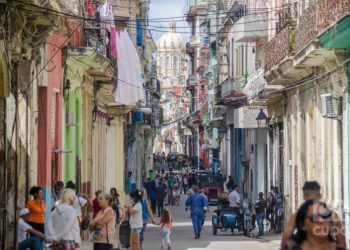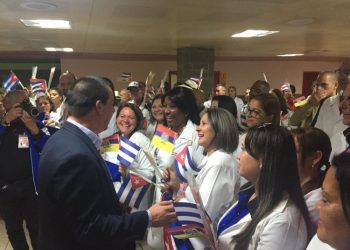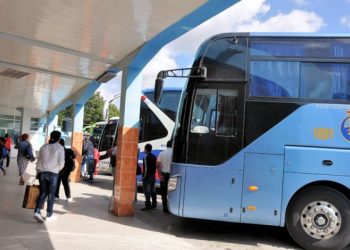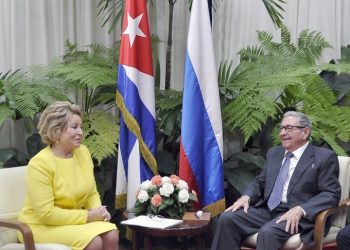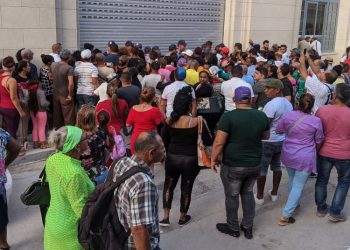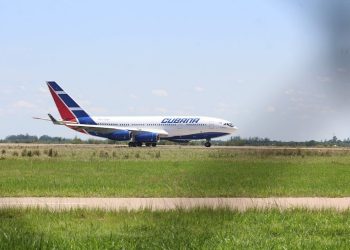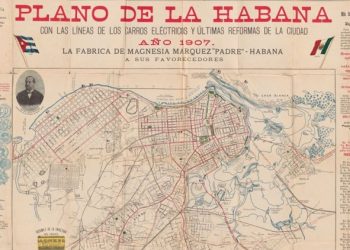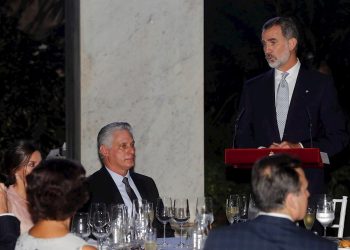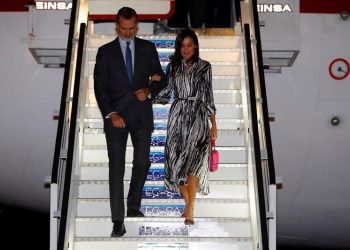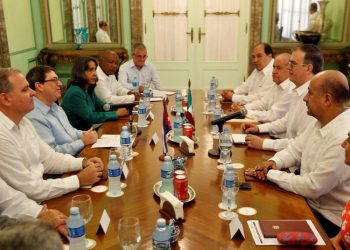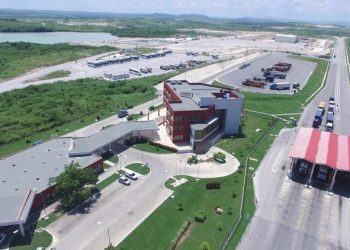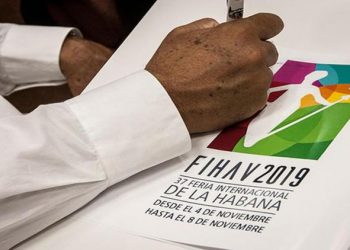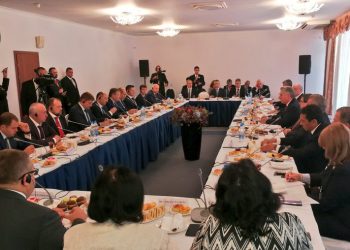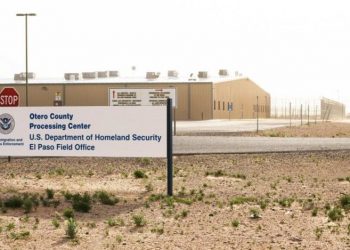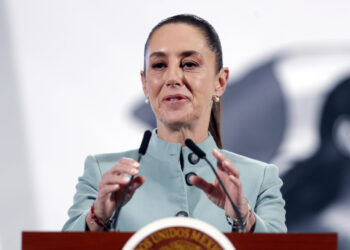Bolivarian bloc will meet in Havana, where Evo Morales is staying
The Bolivarian Alliance for the Peoples of Our America (ALBA) will hold its 17th Summit this weekend in Havana, which is expected to be attended by the leaders of Venezuela, Nicaragua and host Cuba, not ruling out the presence of former Bolivian President Evo Morales, supposedly still on the island. Although the Cuban government has not yet officially reported on the event, the Provincial Road Safety Commission issued a statement on the closure of several streets “on the occasion of the celebration, on Saturday 14, of the closing activity of the Summit of the Bolivarian Alliance for the Peoples of Our America-Trade Treaty of the Peoples.” The closure of the Summit, according to the note published in the media, will take place on the steps of the University of Havana, a regular enclave for official celebrations of relevance such as the “march of the torches” for the anniversary of the birth of national hero José Martí or the ceremony commemorating the anniversary of the death of Fidel Castro. https://twitter.com/GomezIturraldes/status/1204809478803197955?ref_src=twsrc%5Etfw%7Ctwcamp%5Etweetembed%7Ctwterm%5E1204809478803197955&ref_url=https%3A%2F%2Foncubanews.com%2Fmundo%2Famerica-latina%2Fel-bloque-bolivariano-se-reunira-en-la-habana-donde-esta-evo-morales%2F In addition to Venezuela and Cuba, the ALBA brings together Antigua and Barbuda, Dominica, Nicaragua, Saint Lucia, Saint Vincent and the Grenadines, Grenada and Saint Kitts-Nevis. Bolivia was part of the...

